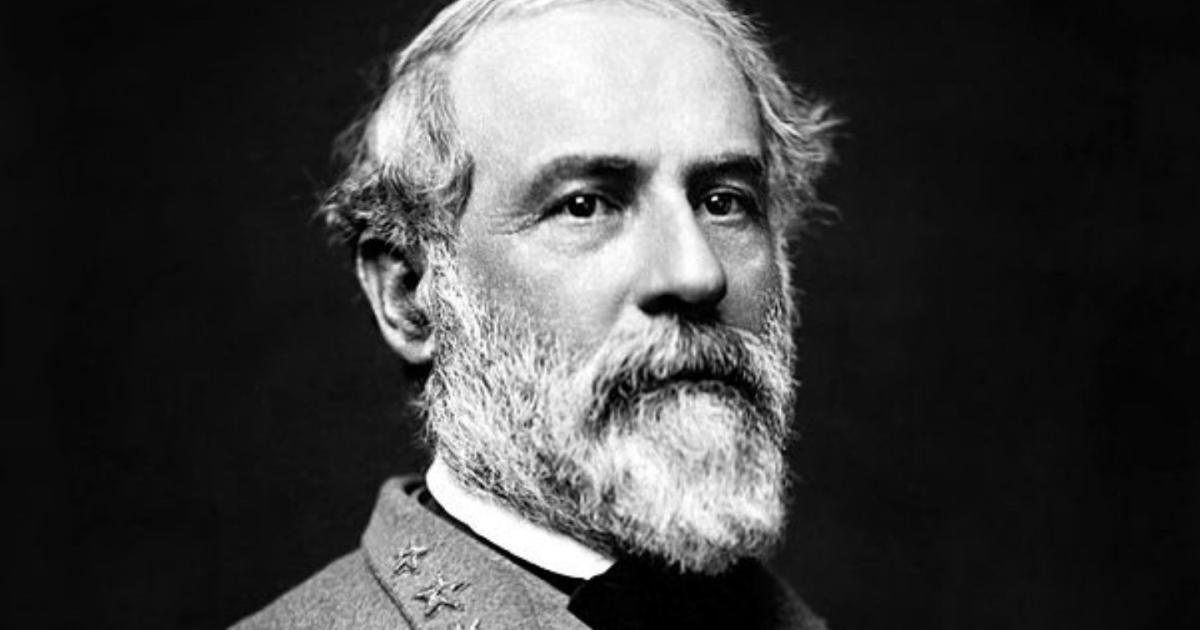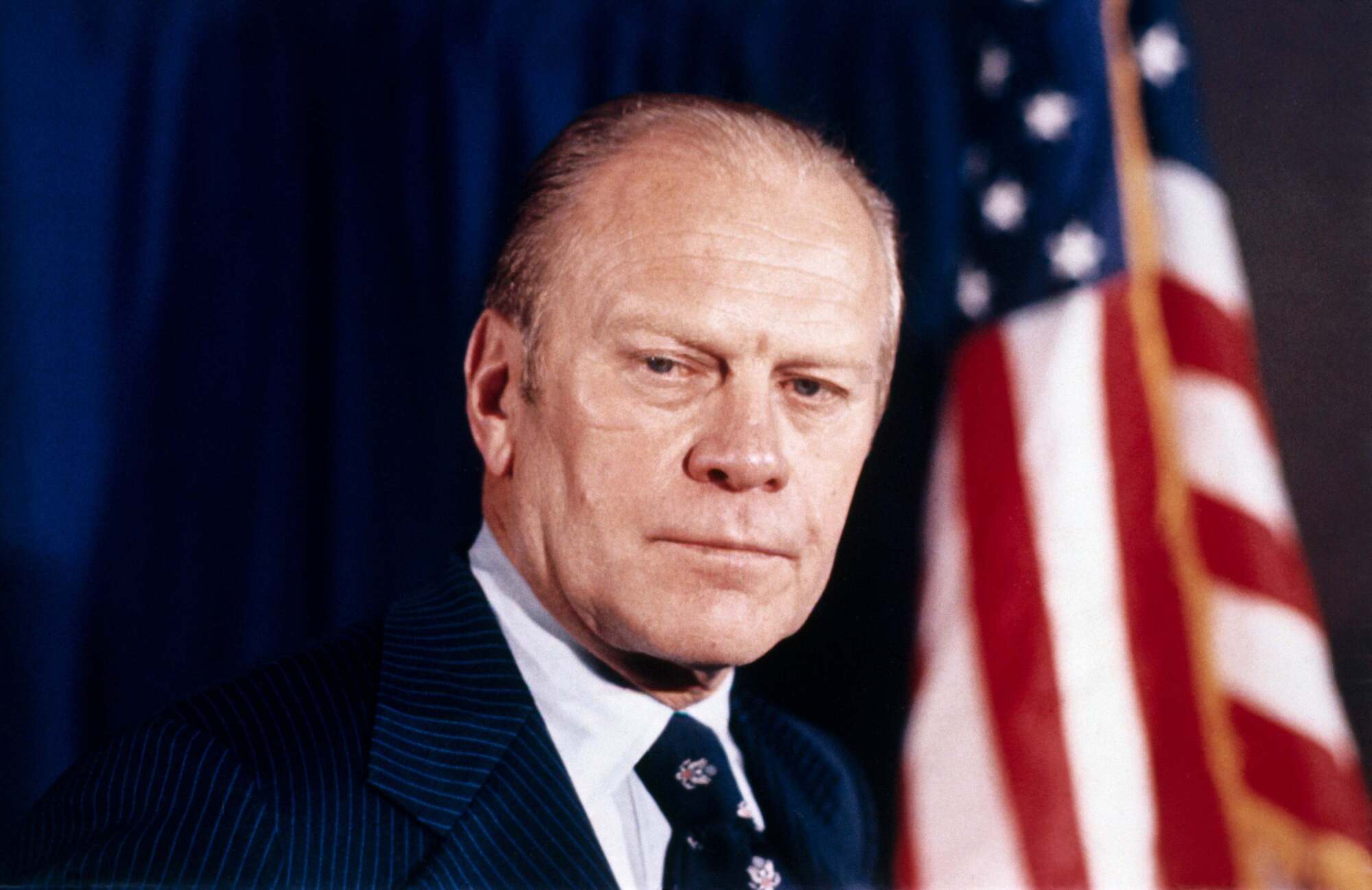
Ever wondered about the man behind the uniform in those Civil War paintings? Robert E. Lee is a figure shrouded in myth and history, but there's so much more to him than meets the eye. Did you know this Confederate general was actually quite complex, with a life full of surprising twists and turns? From his astonishing family connections to his unexpected views on slavery, Lee's story is not just a chapter in a history book—it's a fascinating journey through America's past. So, why not pull up a chair and get ready to uncover some truly amazing facts about Robert E. Lee? Trust me, some of these tidbits are bound to make you say, "Really? I had no idea!" Let's dive into the life of this historical figure and discover what made him such a standout character in American history.
Who Was Robert E. Lee?
Robert E. Lee was a prominent figure in American history, best known for his role as a Confederate general during the American Civil War. His military prowess and strategic acumen made him a revered figure in the South, though his legacy is complex and viewed through various lenses today.
Early Life and Career
-
Born on January 19, 1807, in Stratford Hall, Virginia, Lee came from a distinguished family. His father, Henry "Light-Horse Harry" Lee, was a Revolutionary War hero, which set high expectations for Robert's future.
-
Despite financial difficulties that plagued his family, Lee secured an appointment to the United States Military Academy at West Point, where he excelled, graduating second in his class in 1829 without a single demerit.
Military Genius
-
Lee's reputation as a military tactician was not just born from his Civil War engagements. Before the war, he served as an engineer in the United States Army, showing exceptional skill in both construction and strategy.
-
His leadership during the Mexican-American War (1846-1848) earned him significant recognition. Lee's reconnaissance missions were pivotal in several American victories, showcasing his ability to read and utilize the terrain to his advantage.
Decision to Join the Confederacy
- One of the most pivotal moments in Lee's life was his decision to resign from the United States Army in 1861. Despite his personal opposition to secession, Lee felt a strong loyalty to his home state of Virginia, leading him to join the Confederate forces.
Role in the Civil War
-
As commander of the Confederate Army of Northern Virginia, Lee was involved in many of the Civil War's most significant battles, including the Battle of Gettysburg and the Seven Days Battles.
-
Lee's innovative tactics often put Union forces on the defensive. His use of terrain, quick movements, and the element of surprise were hallmarks of his military strategy.
Surrender at Appomattox
- The Civil War effectively ended when Lee surrendered to Union General Ulysses S. Grant at the Appomattox Court House on April 9, 1865. This moment is often seen as a turning point in American history, signaling the end of the Confederacy and the beginning of the Reconstruction era.
Life After the War
-
Following the war, Lee became president of Washington College (now Washington and Lee University) in Lexington, Virginia. His tenure at the college was marked by efforts to promote reconciliation between the North and South.
-
Lee advocated for education as a means to rebuild the country and heal the divisions caused by the Civil War. He implemented innovative educational programs at Washington College, including courses in journalism and commerce, which were unusual for the time.
Legacy
-
Lee's legacy is a subject of debate. While some admire him for his leadership and tactical skills, others criticize his decision to fight for the Confederacy, which sought to preserve slavery.
-
Monuments and memorials dedicated to Lee have become focal points for discussions about race, heritage, and memory in the United States. His complex legacy continues to influence American society and the way history is remembered and interpreted.
A Final Glance at Lee's Legacy
Robert E. Lee's life is a tapestry of military genius, personal complexity, and historical controversy. From his strategic acumen on the battlefield to his post-war efforts towards reconciliation, Lee's story offers a multifaceted view of a man at the heart of American history. His decision to join the Confederacy, his leadership during the Civil War, and his reflective post-war years remind us of the enduring impact of individual choices in shaping our collective past. As we consider Lee's legacy, it's clear that understanding his life gives us valuable insights into the challenges and changes of his time. His story encourages a deeper exploration of history, inviting us to reflect on the complexities of leadership, loyalty, and the lasting consequences of conflict.
Was this page helpful?
Our commitment to delivering trustworthy and engaging content is at the heart of what we do. Each fact on our site is contributed by real users like you, bringing a wealth of diverse insights and information. To ensure the highest standards of accuracy and reliability, our dedicated editors meticulously review each submission. This process guarantees that the facts we share are not only fascinating but also credible. Trust in our commitment to quality and authenticity as you explore and learn with us.


